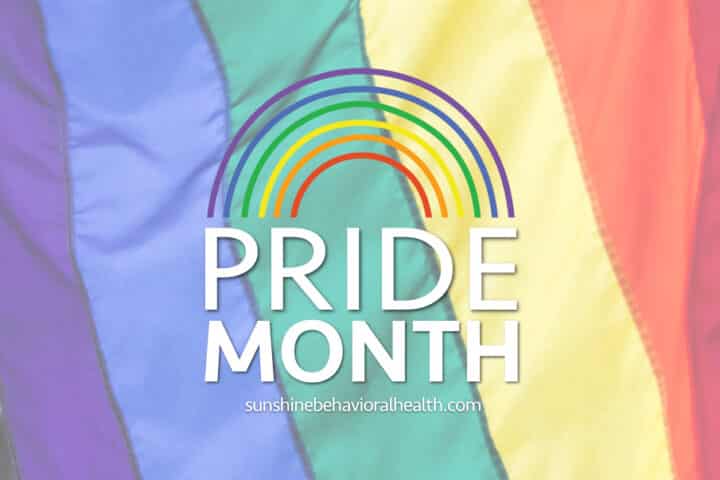
COVID-19 Has Affected the LGBTQ Community in Many Ways
The year 2020 brought the COVID-19 pandemic and worldwide lockdowns. A lot of regularly occurring events were scaled back or canceled. That included many LGTBQ events, particularly Pride celebrations, which are celebrated near and throughout June.
Pride took root in the wake of the Stonewall riots, when police raided a Greenwich Village bar, the Stonewall Inn, in 1969. Basically, gay rights advocates decided they weren’t going to be jammed in the proverbial closet any longer. Today Pride is a political event, a historical commemoration, a social celebration, and a bold, rainbow-hued celebration and affirmation of all things LGBTQ.
The LGBTQ community has had its ups and downs over the decades (centuries, really). They still fight for representation, respect, and equality to this day. Progress has been made in both baby steps and big strides, but hurdles remain.
COVID-19 became one of those big hurdles. It remains so too. Early in the pandemic, the Human Rights Campaign said that many in the LGBTQ community were at greater risk from COVID-19 and COVID-19 complications. The Centers for Disease Control and Prevention (CDC) have since confirmed that. Boston University reported on other challenges facing the community.
Some of their findings include:
- Nearly one out of every five (17%) of LGBTQ adults has no health insurance, compared to 12% of non-LGBTQ adults.
- 37% of LGBTQ adults who smoke do so every day, compared to 27% of non-LGBTQ individuals.
- 21% of LGBTQ adults have asthma, a rate 7% higher than non-LGBTQs.
- LGBTQ adults have higher rates of chronic health conditions such as cardiovascular disease, cancer, HIV/AIDS, and cancers.
- LGBTQ individuals are more prone to engage in riskier behaviors such as smoking or other substance use, compared to straight and cisgender peers.
Other ways the LGBTQ community has been affected by COVID include reduced work hours, hurting their bottom line.
LGBTQ individuals — especially older members — sometimes face more social isolation. Discrimination (affecting all age groups) is another blow to mental (and sometimes) physical health.
Losing the sense of community that gatherings such as Pride (or even simply smaller community happenings that are friendly to LGBTQ groups) can make people feel more isolated, stressed, depressed (another risk factor, for suicide/suicidal thinking, or substance use), or disconnected.
For anyone feeling stressed or disconnected, there is help available. A few resources to consider:
The Trevor Project – Crisis help and suicide prevention for LGBTQ under 25
GLAAD (Gay & Lesbian Alliance Against Defamation) – Resources for all things LGBTQ, including political, legal, military, aging populations, and more
National Alliance on Mental Illness – A nationwide grassroots organization for better mental health
Centers for Disease Control and Prevention – Resources for LGBTQ Youth
Sources
britannica.com – Gay Pride
hrc.org – CDC Releases Report Confirming Lesbian, Gay and Bisexual People at Greater Risk of COVID-19 Illness, Calls for More Data Collection
bu.edu – A Snapshot of How COVID-19 Is Impacting the LGBTQ Community
sunshinebehavioralhealth.com – LGBTQ Addiction Treatment Resources
A Message From Our CEO
Medical disclaimer:
Sunshine Behavioral Health strives to help people who are facing substance abuse, addiction, mental health disorders, or a combination of these conditions. It does this by providing compassionate care and evidence-based content that addresses health, treatment, and recovery.
Licensed medical professionals review material we publish on our site. The material is not a substitute for qualified medical diagnoses, treatment, or advice. It should not be used to replace the suggestions of your personal physician or other health care professionals.





